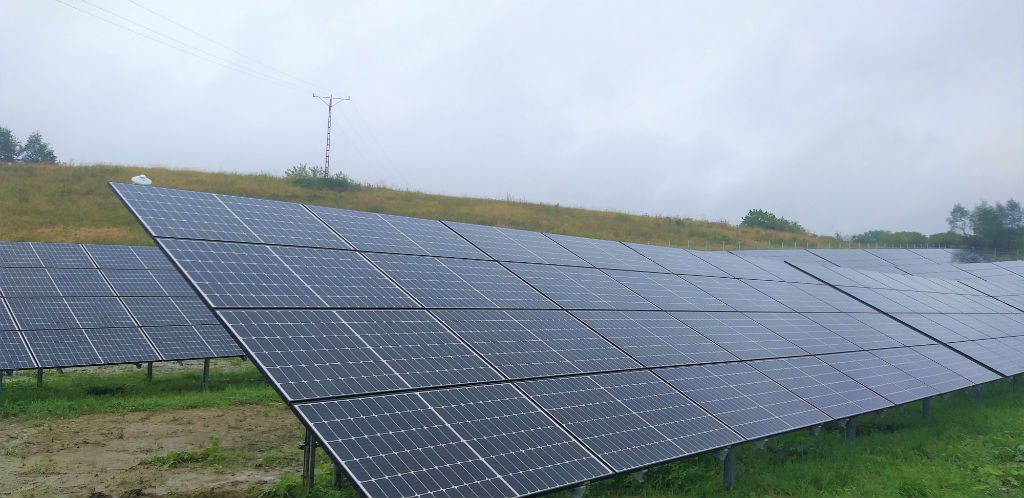The Sejm has passed a law that could block the development of solar energy in Poland. Currently, the industry is hoping the Senate will introduce amendments. Experts are warning that a counterpart of the 10H Act has been introduced.
The most important change concerns the restriction put on locating photovoltaic installations on agricultural land of the worst classes – in particular on land of class IV, also recognized in legislation as practically useless for agricultural production.
Another unfavorable change is the limitation of the validity of decisions on building conditions to 5 years, which had been previously criticized, not only by the RES industry. Such a provision will extend the time of the investment and construction process and increase the burden on administrative bodies.
Olga Sypuła, country manager of European Energy in Poland, stressed that the government, when proposing changes to the zoning regulations, did not take into account the opinion of RES investors, and wants to introduce a serious restriction that may block new solar capacity.
„We believe that the changes on mandatory master plans for local governments and excluding class IV land from investments will do to solar energy development what the 10H Act did to the onshore wind industry. Unfortunately, none of our requests were taken into account in the consultation process. We hope that changes allowing for the continued development of solar power will be introduced by the Senate,” stressed Olga Sypuła from European Energy in Poland during a panel.
During the discussion, the position of the Sejm and the government was explained by the director of the RES Department at the Ministry of Climate and Environment, Łukasz Tomaszewski.
„In fact, this plan is very ambitious and this time is very demanding from the point of view of investors, but also local governments. However, such a decision was made and it is difficult to argue with it at the moment. The draft has already been adopted by the Parliament and will be sent for further work. As for the introduction of a spatial planning requirement for installations located on class IV land, well, here I will not betray what was happening behind the scenes. The Council of Ministers adopted such a compromise in agreement also with the Minister of Agriculture and Rural Development,” he explained.
Experts emphasized that as much as 40 percent of the agricultural land area is class IV and the growth of agrophotovoltaics and power generation from specially designed PV installations was very significant. Such pilot solutions are already working in the Netherlands and Germany with excellent results. It also makes it possible to use land of the upper classes.
„We appealed to the government to exclude agrofotovoltaics from the ban on location on class IV lands. Such a solution, which works in other countries, would constitute some kind of compromise. Unfortunately, it was not taken into account by the legislator,” Olga Sypula added.
European Energy / Jacek Perzyński









